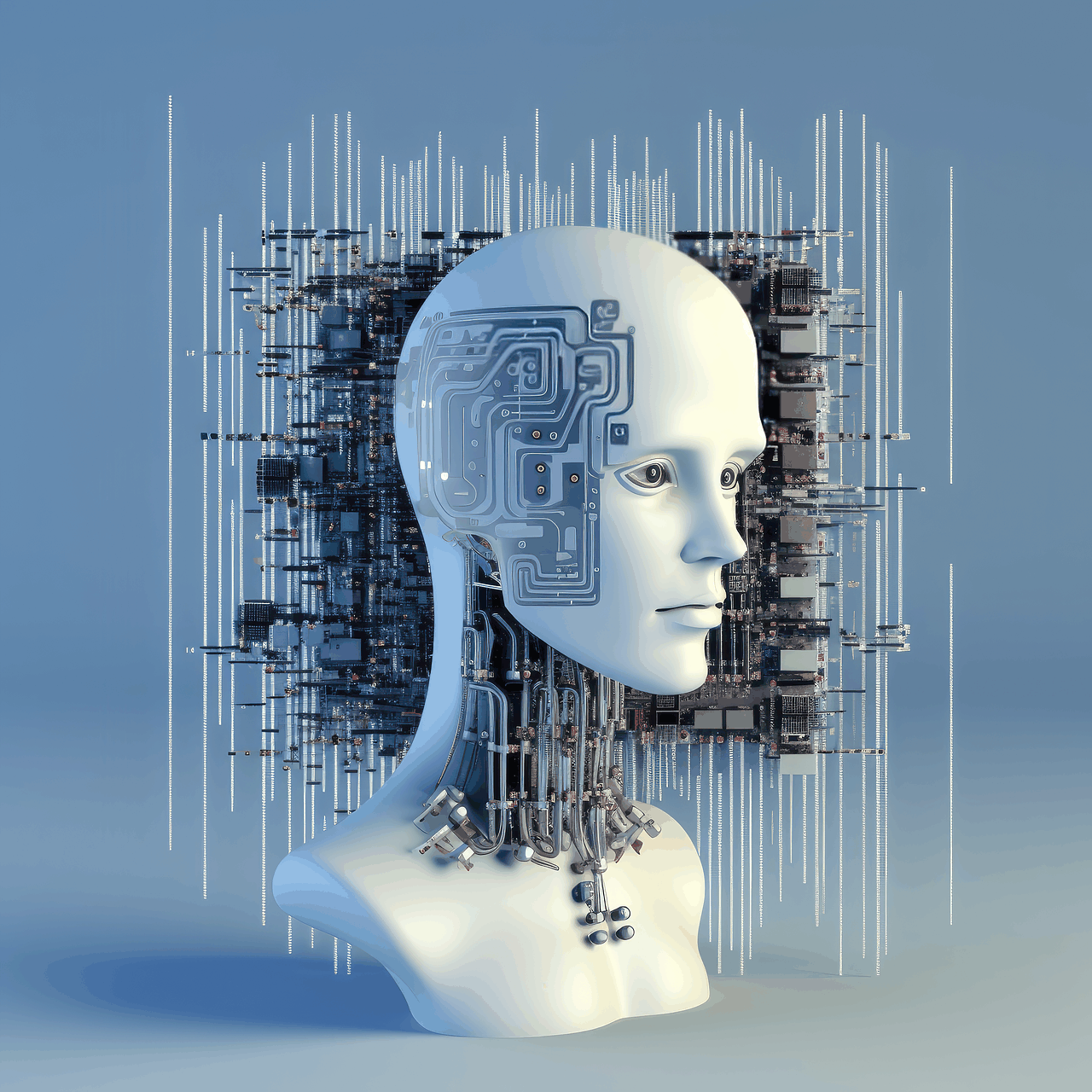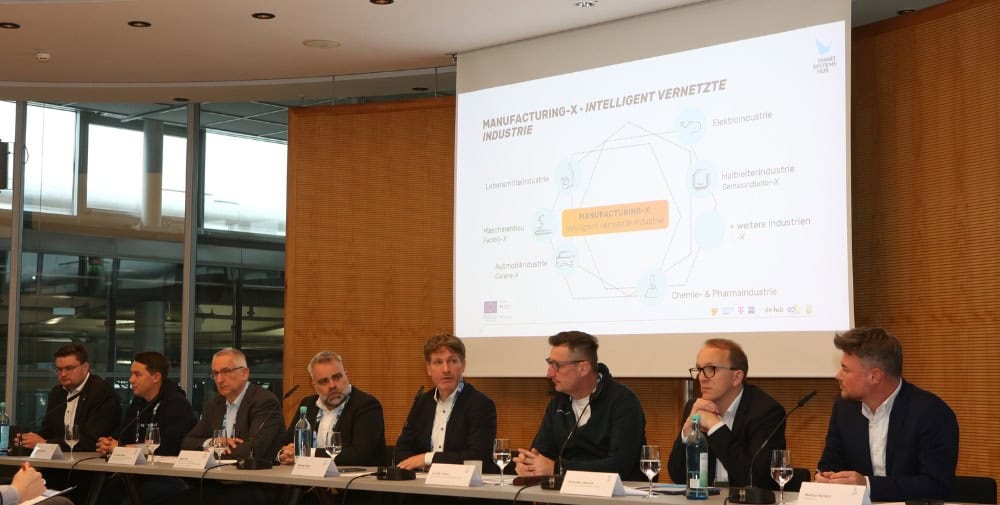
“In the coming years, artificial intelligence will change activities in practically all professions and reduce the workload for employees. AI will be integrated into existing technologies – in the office, for example. However, completely new applications will also emerge – for example in industrial manufacturing, healthcare or creative professions,” says Bitkom President Dr. Ralf Wintergerst. “AI will primarily support people, for example by taking over repetitive tasks, pointing out possible errors or drawing important insights from large amounts of data.”
The biggest advantage of using AI in the workplace is that it enables companies to remain fit for the future (50%). 47% say that it saves working time and 41% that it allows people to concentrate on more important tasks. Around a third each believe that AI avoids human error (33%), enables faster and more precise problem analysis (31%) and increases employee motivation (30%). A quarter (26%) see cost savings as an advantage, while a fifth (21%) see lower resource consumption. Accelerated processes are cited as an advantage by 18 percent, while 12 percent hope that AI will bring expert knowledge to the company that would otherwise not exist. Only 9 percent expect AI to improve products and services and just 7 percent expect AI to enable completely new products and services. Almost a fifth (18 percent) of employees believe that AI has no advantages at all in the world of work.
In contrast, only 1 percent see no disadvantages to the use of AI in the world of work. Three quarters (77%) fear that AI will lead to job losses, 71% that the use of AI will make it unclear who is responsible for an error. And 66% are concerned that people will rely too much on AI in the future. Around two thirds (64%) also see the disadvantage of AI taking the human element out of work. And 63 percent believe it is unclear who receives the data that is used for AI. Less widespread is the criticism that AI is too complicated to use (24 percent) and that companies spend too much money on AI that is then wasted elsewhere (20 percent). 5 percent complain that AI mainly takes on the simple tasks that offer a break from the workplace. “Companies should enable employees to gain their own experience with AI. By teaching AI skills, the possibilities and limitations of the technology can be better understood,” says Wintergerst.
Note on methodology
The data is based on a survey conducted by Bitkom Research on behalf of the digital association Bitkom. This involved a telephone survey of 1,004 people aged 16 and over in Germany, including 511 employees. The survey took place in the period from week 41 to week 44 2023. The overall survey is representative. The questions were “In principle, would you like AI to reduce the proportion of boring, routine tasks in your workplace?”, “Do you think that AI could take over tasks in your current workplace?”, “I am now going to read you some statements about AI in the work context. Please tell me to what extent the following statements apply to you or in your opinion.”, “Regardless of your own workplace, what would be the biggest advantages of AI in the workplace?” and “And, generally speaking, what would be the biggest disadvantages of AI in the workplace?”
– – – – – –
Further links
👉 www.bitkom.org
Photo: pixabay




